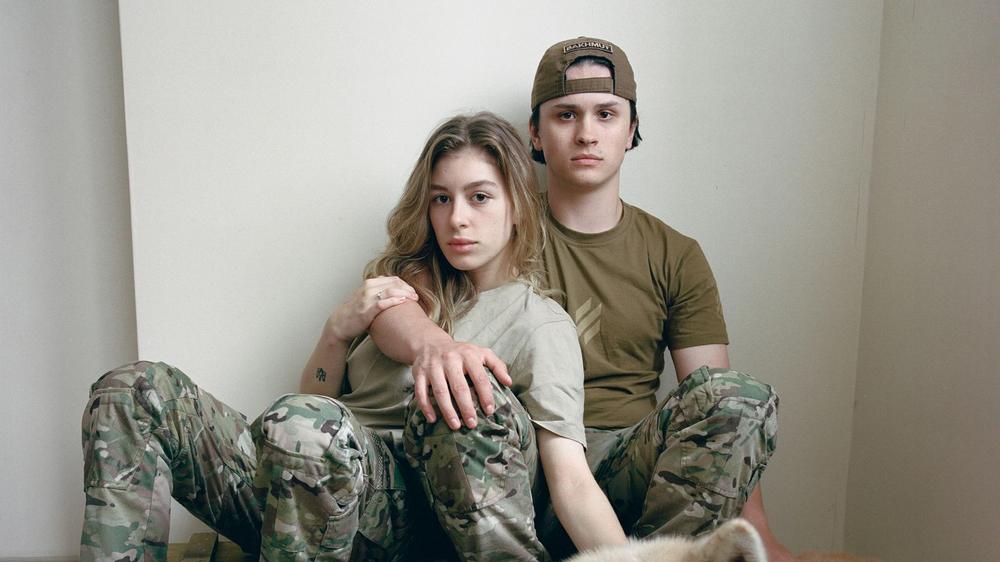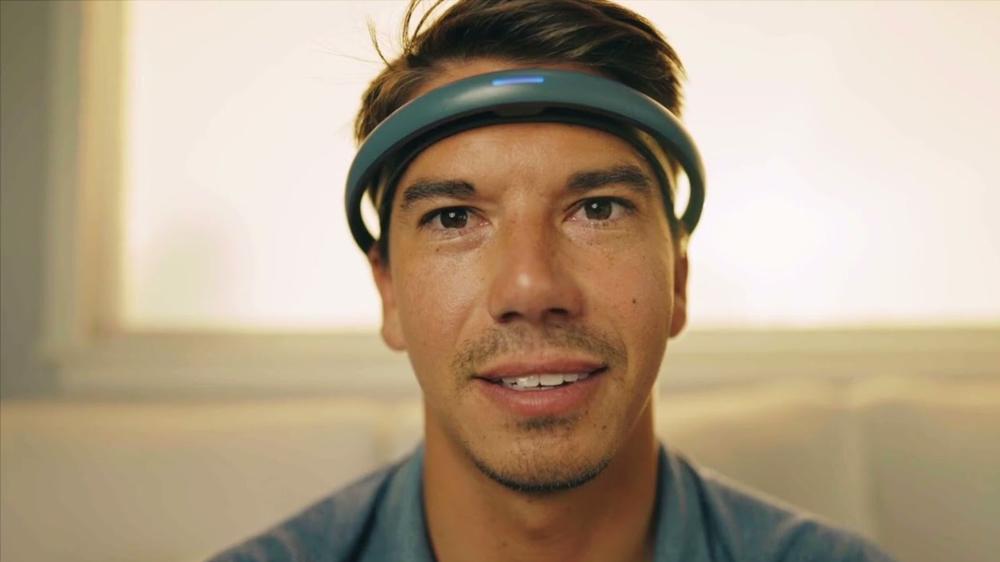As Russia’s full-scale war enters its fourth year, a generation raised under air-raid sirens is now old enough to fight. Despite not yet being subject to conscription, these young Ukrainians are voluntarily joining the military, trading lecture halls for dugouts, or trying to balance both worlds.
Their decision comes at a time when Ukraine is facing mounting pressure to address critical manpower shortages. In 2024, the government lowered the mobilization age from 27 to 25 and later introduced one-year “special contracts” aimed at 18 to 24 year-olds, with Hr 1 million ($24,000) pay and free higher education.
Meanwhile, many young Ukrainians are making another choice — to leave the country — heightening fears of a looming demographic crisis.
The Kyiv Independent spoke to five young Ukrainians about why they enlisted, how they balance study and service, and what they hope for after the war.
Serhiy Dodurov, 20
When Serhiy Dodurov first considered joining the army, it was early 2022. He had just turned 18 and was studying law at Kyiv-Mohyla Academy.
At first, he said he thought it seemed like the army “had enough people,” but a surge in recruitment ads after the 2023 counteroffensive changed his mind.
“That was a turning point. I couldn’t keep telling myself they didn’t need me,” Serhiy says.
He signed a contract in January 2024 and took academic leave; his class graduated without him. He says that made stepping away easier.
Now, Serhiy serves in the 412th Pilot Systems Regiment, known as Nemesis, working in intelligence and analytics.
He feared losing control of his time, but death was also in the back of his mind. He wrote a will before joining and plans to update it.
“There were moments in Donbas when I really thought I might not come back,” he says.
Now, when he hears the word "planning," he no longer thinks about his own life but about his comrades and their missions.
“Work changes your language and the meaning of words,” he says.
It’s hard for him to imagine life after the war.
“There are so many unresolved questions. And here, everything is simple: wake up, do your job, track the targets, go to sleep. Repeat,” he says.
Oleksandr Romanuk, 20
Since childhood, Oleksandr Romanuk has been fascinated by Ukraine’s past.
“I grew up on stories about the Cossacks, about people who laid down their lives for our state and nation,” he recalls. His mother, who had volunteered since the start of the war in Donbas in 2014, often told him about what soldiers were going through.
So when Russia launched its full-scale invasion in 2022, Oleksandr, then only 17, ran to the local enlistment office — but was turned away because of his age.
He volunteered delivering supplies and planned to enlist when eligible.
In late 2023, after training and long talks with his mother, he joined the 3rd Assault Brigade, one of Ukraine’s most battle-tested units.
His family accepted the decision, though not without tears.
“Everyone supported me. But my nine-year-old sister cried a lot when I left, and that was the hardest part,” he says.
He became a platoon combat medic in the unit nicknamed the “Decepticons.” At first, he thought medics wouldn’t storm trenches.
“We go into assaults. And I managed to get through more than one. I’m proud I can do it.”
On the eve of one mission, he was told to sit for exams or withdraw. After the parents of his classmates intervened, the university granted him academic leave until 2027.
He now expects to stay in the army after the war.
“At first, I thought I’d go back to civilian life. But the longer I serve, the less possible that seems,” he says.
Deniz, 18
Deniz had been waiting for this since he was 15. Back then, at the start of the full-scale invasion, he and his friends made Molotov cocktails and talked about defending Ukraine.
When he finally turned 18, he went straight to a recruiting center near his hometown in Sumy. Although he was a trained singer and could have been assigned to the military orchestra, Deniz requested a position in air defense.
Several units called him back, but some turned him down because of his age. He also had to convince his family.
“Everyone was against it. So I told them I’d just work as an instructor. Not a soldier. Like a regular job. I knew I’d end up signing the contract anyway,” he says.
He is the youngest in his unit, surrounded by men twice his age. And yet, he says, the connection he feels with them is unlike anything else. He still hopes to pursue music someday, but feels he’s where he belongs now.
“The experience they have, how much they care — it changes how you see everything. Right now, I don’t know how to live without all of this,” he says.
Sofiya Yanchevska, 19
For Sofiya Yanchevska, the decision to enlist seemed almost inevitable. “I always knew sooner or later our generation would have to fight,” she says.
Her parents volunteered during the war in Donbas in 2014 and later became veterans.
When the full-scale invasion began, her parents were at the enlistment office on Feb. 25. Sofiya, then 16, wanted to join them. Too young to fight, she spent her time on a volunteer base with her parents’ army comrades, studying between trainings.
“One sister-in-arms taught me Ukrainian, another drilled me in history. We prepared on the base,” she says.
In 2022, she enrolled at Kyiv-Mohyla Academy. Even after signing a contract with the 3rd Separate Assault Brigade at 19, she continued her studies in law.
She took exams from dugouts or basements, sometimes pausing mid-test to evacuate the wounded.
She initially aimed to study public administration to help veterans; however, her service has since drawn her toward international criminal law — to test whether it can make a difference and to aid in investigating war crimes.
While serving, she met her fiancé, Bohdan, 22. He had fought during the battle for Bakhmut in an assault unit and was wounded. He now serves in a different role within the same brigade.
“His dream is to open a bar. I don’t have such a clear vision — you first have to survive to find out,” Yanchevska says.
“But I know why I fight: for my family, and for the chance that my future children will live in Ukraine, speaking Ukrainian, reading our books, watching our films.”
Ivanna Tsimerman, 23
For Ivanna Tsimerman, the decision to enlist came the morning of Feb. 24, 2022. At 20, she walked into a recruitment office. “I had already been preparing myself mentally before, but when the explosions started at 4 a.m., there was no more doubt,” she recalls.
Initially, she was assigned to clerical duties.
“My biggest fear back then was that I wouldn’t have time to fight before the war ended,” she says.
That year, she was also finishing her fourth year at Zhytomyr State University. She considered withdrawing, but her dean pushed to continue. She studied remotely on an individual plan and graduated while serving.
Wounded in 2023 and placed in the reserves, she now serves in a command unit in Kyiv.
“It’s hard to step away once you’ve lived three years in combat. The army gives you a community, people who think like you. It’s very hard to find that anywhere else,” she says.
After her experience at the front, she struggles to believe in a quick peace. “Of course, I want it to stop, but it won’t be a happy moment. Too many have died for it to feel like a celebration,” Tsimerman says.
Author's note: Hi, this is Tania Myronyshena. Writing this story, I wanted to show the choices facing young Ukrainians in a country now in its fourth year of full-scale war. Their reality pushes them to take responsibility not only for their own future, but also for their country’s, and to take the risks that come with it.

 Anche OpenAI lavora al clone di TikTok con solo video creati dall'AI
Anche OpenAI lavora al clone di TikTok con solo video creati dall'AI